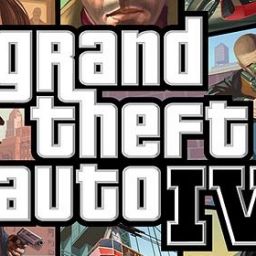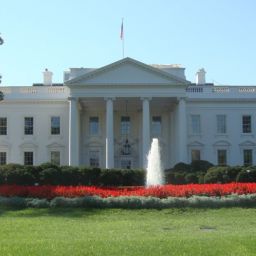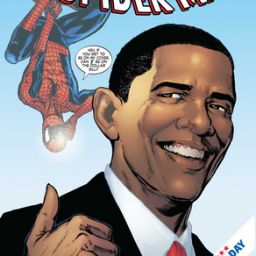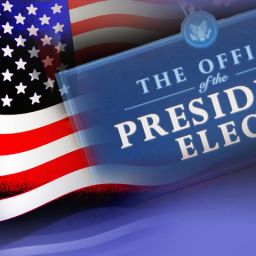It’s been awhile since I watched basketball avidly. I used to watch it with my father as a kid (along with a healthy dose of stereotype-ridden WWE). I remember watching every single USA game during the 1992 Olympics with the ultimate dream team of Michael Jordan, Magic Johnson, Larry Bird and other legends.
I recently found the book Brave Dragons: A Chinese Basketball Team, an American Coach, and Two Cultures Clashing and it reminded me of how I used to love the sport. I’ve yet to finish it, but it’s a funny, dramatic and oftentimes frustrating tale of two cultures clashing on the basketball court. I would gleefully recommend it to anyone, whether or not you’re a basketball fan.
But this isn’t about that book. Instead, as I’ve been reading Jim Yardley’s book, I’ve been thinking about Jeremy Lin and all the sports news focused on him, specifically criticisms from media figures such as Floyd Mayweather Jr:
Now I haven’t seen Lin play, so I don’t dare go into the debate about whether or not he lives up to the hype, but given that he scored 38 points against Kobe and the Lakers, I’m inclined to agree with the hype. My goal is to examine the coverage and point out that there’s also other forces at play, not just the idealistic notion that the best people get recognized.
Admittedly some of the focus is a bit of novelty. There have been other Asian American basketball players before Lin — Wataru Misaka, Raymond Townsend, Corey Gaines, Rex Walters and Robert Swift — but they are shadowed by Lin. Why?
I think some of it is that other than Misaka, Lin is the only other Asian American player who (crassly put) looks Asian. Townsend, Gaines, Walters and Swift don’t have the “Asian” name and they also are “hapa” or mixed race. Think of Tiger Woods for a moment — even though he’s Asian, mainstream media still identifies him as black, based on the color of his skin. That’s probably what happened with Townsend, Gaines, Walters and Swift.
Even Walters remarked on it in an interview with ESPN:
“It’s great for Asian-Americans. And he’s not 7-foot-4. It’s great to see that they can make it.”
But reading Brave Dragons reminded me of something — the NBA has been trying to break into China for awhile now. Three years after following the Xanxi Brave Dragons, Yardley revists the Chinese court:
Cynically, I wonder if Lin is an attempt by the NBA to woo back its Chinese fans. Lin is of Taiwanese and Chinese descent and he’s easily identifiable as Asian, unlike Swift, who currently plays in Japan. Have enough people talk up a player — be it coaches, other players, agents or other folks — and a journalist is surely going to start investigating more. Once one news agency begins publishing stories, the others will probably follow. That’s how hype often snowballs.
That and also the fact that he scored 38 points on the Lakers in February and finished the season with a record 136 points doesn’t hurt. Performance also can help sustain the bright glare of the media’s attention.
Given the endorsement deals Lin has with Nike and Volvo it’s clear that many companies are seeing the player’s potential value in China. I don’t doubt without a doubt that the NBA also sees the same potential. Indeed, Chinese basketball fans are already reacting to the news about Lin moving to the Houston Rockets (Yao Ming’s old stomping grounds), and they also see the business end of the deal:






